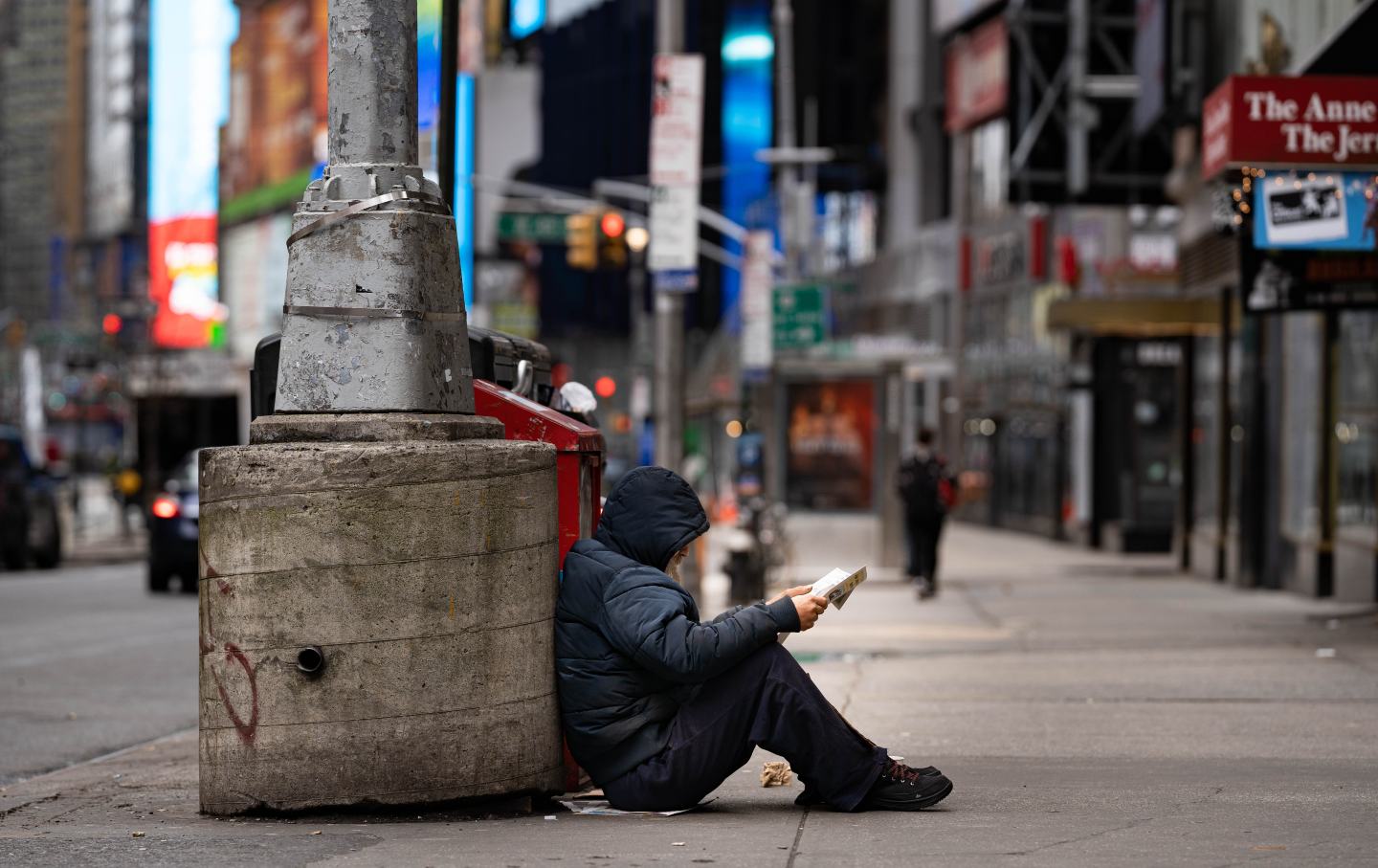Between February and May, the U.S. labor market lost nearly 20 million jobs. This unprecedented decline in economic activity was fueled by the many stay-at-home directives imposed in response to the Covid-19 pandemic. As of May, the unemployment rate stood at 13.3%, a sharp increase from its 3.5% rate in February and, despite a decline from its April peak, well above its 10.0% high during the worst of the Great Recession.
Yet, this sharp rise in unemployment captures only a fraction of the economic pain facing individuals during the current economic crisis. Many workers have had their hours cut or at least temporarily been placed on furlough or some other form of unpaid leave. Others have lost their jobs and find it impossible to even look for new work. Including these individuals, the current crises has adversely affected nearly 28 million workers.
The economic pain afflicting the labor market is broad-based, hitting every industry and affecting all parts of the economy. Some sectors, such as those involved with distribution and online retail, race to keep pace with an increase in demand fostered by our new “normal.” Most others have had their economic activity curtailed considerably, with several sectors hit particularly hard. These include restaurants and bars; hotels and other accommodation businesses; places of leisure and recreation, such as amusement parks, museums, and sports complexes; and perhaps surprisingly, the healthcare industry, representing many private practices of doctors, dentists, and health specialists.
The industries hardest hit have several things in common, all of which are particularly disheartening for us as Catholics. They disproportionately employ the lowest wage earners, who often live paycheck to paycheck and can ill afford to be out of work. Even within the healthcare industry, numerous receptionists, administrative assistants, and others who do not have the financial means to weather an extended shutdown work at private practices. These industries employ a high share of young workers who rely on these jobs to gain valuable work experience, and older workers who often cobble together multiple jobs within these sectors to maintain a sustainable living. They also employ a disproportionate share of minorities, including many from our immigrant communities. African-Americans, particularly in poorer communities, have been the hardest hit with the health consequences of Covid-19, while Hispanics have thus far been the hardest hit with its economic consequences. Furthermore, these industries consist of many small, family-owned businesses that do not provide as many benefits as larger businesses and are often poorly positioned financially to survive the crisis.
Often, we think about the dignity of work when relating Catholic Social Teaching to the labor market. This crisis, however, has fallen squarely on the most vulnerable and lowest-income workers, more so than previous downturns, when the economic pain was more broad-based. Thus, the teaching’s focus on the poor and vulnerable is especially relevant for this crisis, as those who often live on the margins of our labor market are bearing the brunt of its economic pain.
There is hope for those facing these challenges. The recent CARES act aimed to help both businesses and workers. Its Paycheck Protection Program provided small businesses with loans that turn into grants so long as businesses retained their workforce. The program had a rocky rollout, but it may have successfully helped many small businesses survive during the stay-at-home directives. The CARES act also expanded unemployment benefits in new ways. First, it provided an additional $600 to all who received these benefits. Second, it expanded coverage to contractors, “gig economy” workers, and others who are not normally eligible for these benefits. This helped individuals stay afloat financially during the lockdowns. Many of these provisions are set to expire at the end of July. While the stay-at-home directives are easing in most states, they have left behind a substantial amount of economic pain that likely requires the continuation of these policies in some form. Many businesses will face higher costs and restrictions on operations, and individuals who lost their jobs will need time to find new work as the economy recovers. Consequently, we will need a voice to continue to advocate for those in need as we navigate this crisis.
Jason Faberman
Federal Reserve Bank of Chicago







